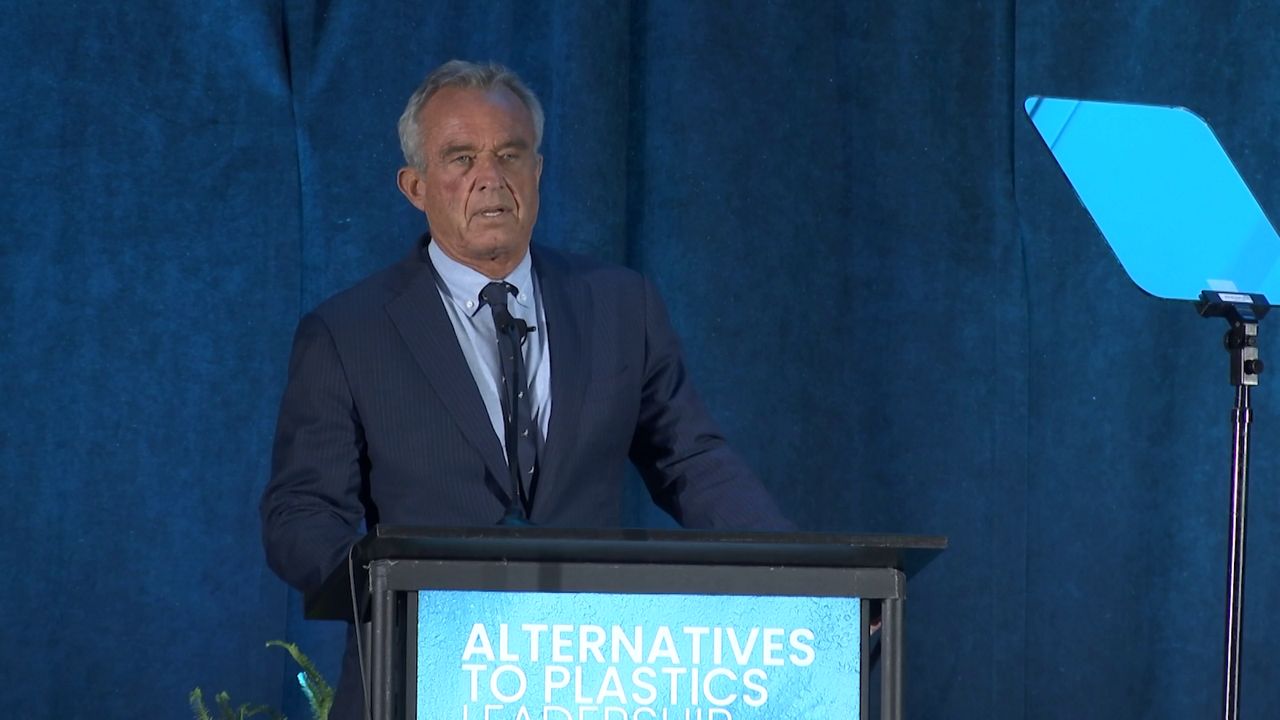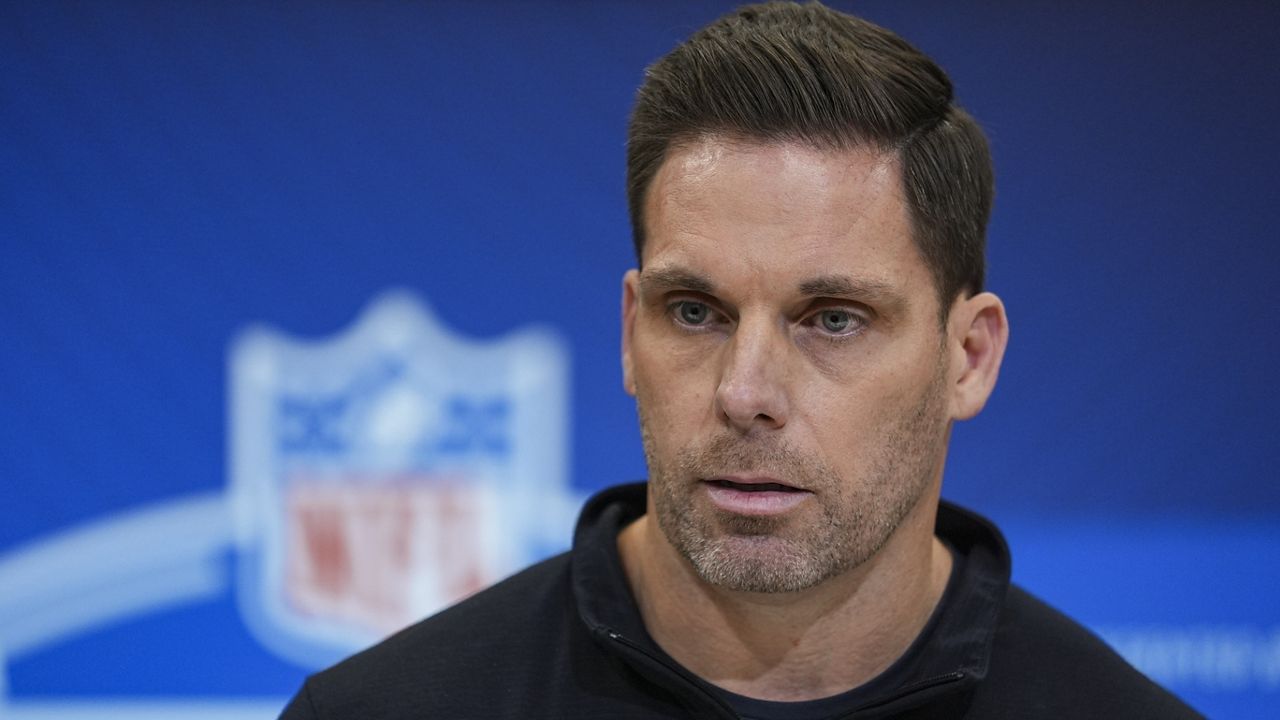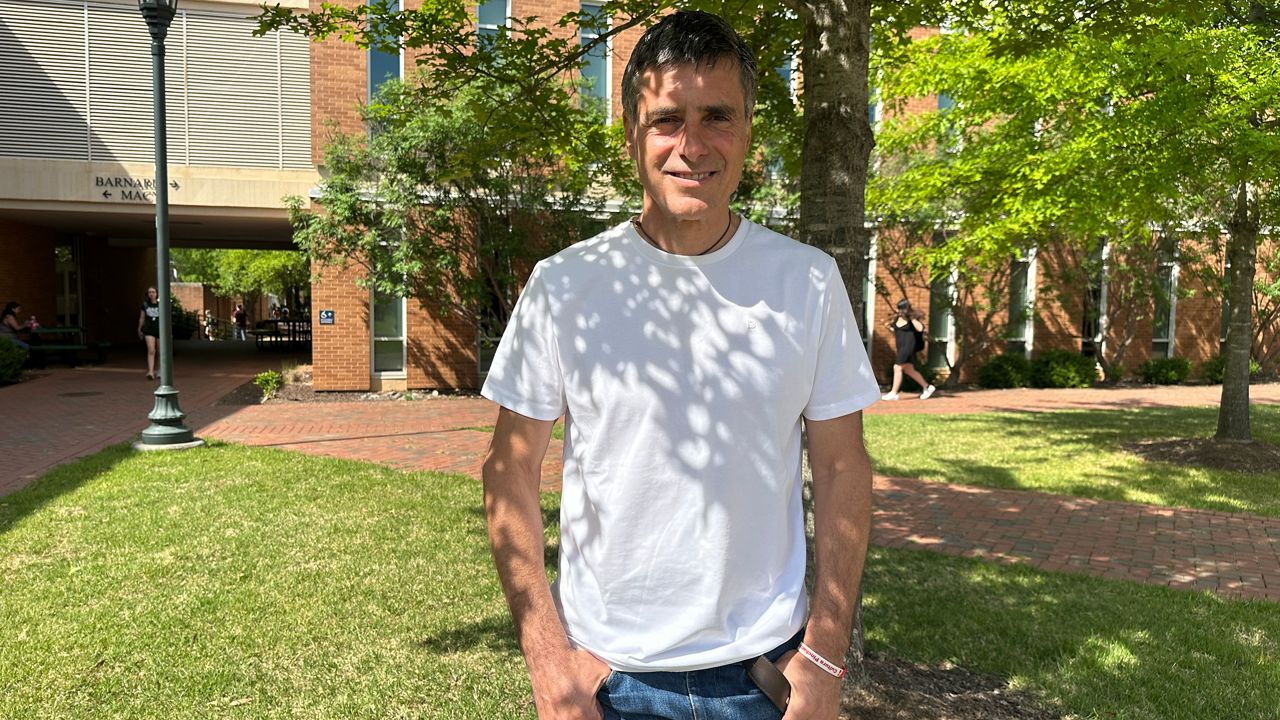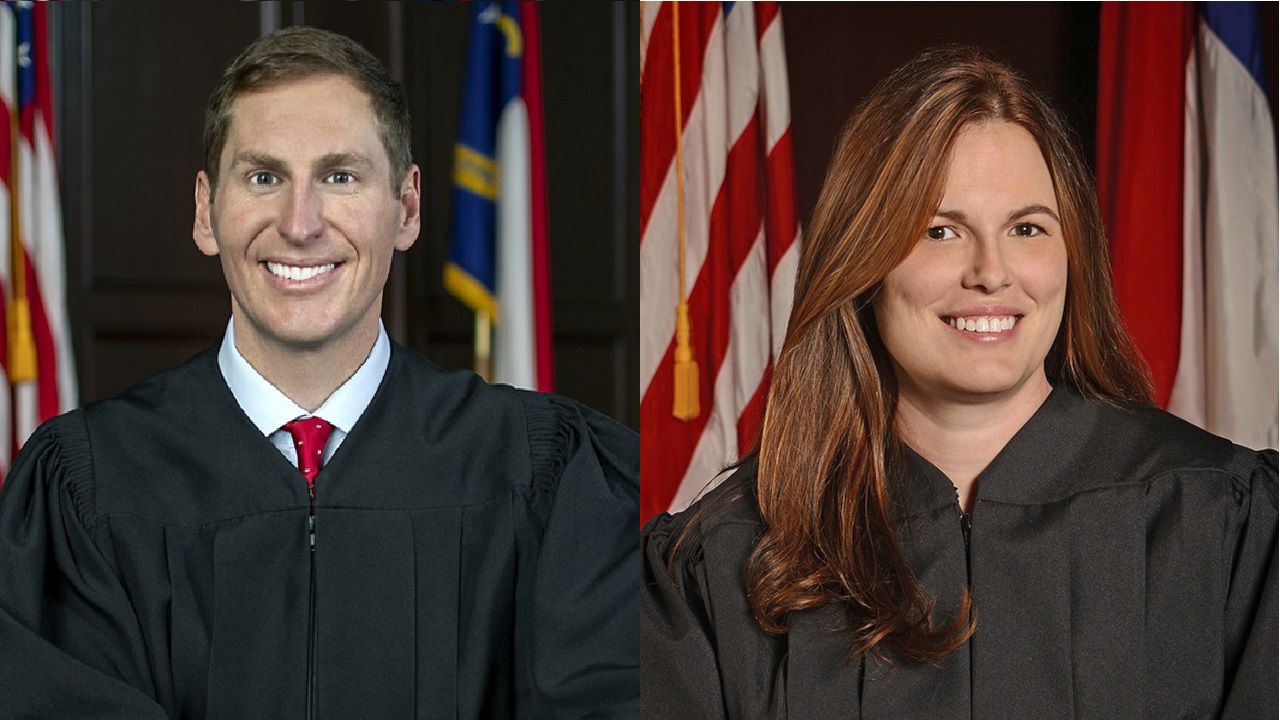CHARLOTTE, N.C. — A federal program is helping build North Carolina’s future when it comes to electric vehicles.
A 2021 federal law established the National Electric Vehicle Infrastructure Formula program, which grants states funding through 2026 to build a convenient and reliable national charging network.
The $5 billion initiative plans to add chargers along highways and communities in the U.S. According to Biden administration, this plan is one of the ways to confront the climate crisis.
North Carolina is expected to receive $109 million from the NEVI program.
The North Carolina Department of Transportation, which is administering the funds, is behind the Electric Vehicle Infrastructure Deployment Plan.
According to NCDOT, the number of registered electric vehicles in the state jumped from 12,202 in 2018 to 58,000 this year.
“As more of these electric vehicle charging stations become available to people and people become aware of the value of electric vehicles and the fact that we are going to reduce greenhouse emissions greatly and improve our environment and improve our quality of life, these numbers we expect will grow quite a bit in the coming years,” NCDOT assistant director of communications Jamie Kritzer said.
The first phase of the deployment program will focus on the installation of 35 direct current fast-charging (DCFC) stations along highways and interstates.
These charging stations must meet three requirements to be NEVI-compliant — have at least four chargers with 150kW capacity, be within a mile of an interstate or major highway and be located no more than 50 miles from another station meeting the same criteria.
Currently, North Carolina only has 12 stations that are NEVI-compliant.
“It doesn’t surprise me because those mandates recently came out,” electric vehicle owner Walter Schulze said.
Schulze and his wife have a Tesla and a Volvo.
He enjoys the ease of charging at home overnight, driving quiet, fast and environmentally-friendly vehicles. However, the primary reason he prefers these cars is reliability.
“These cars do not break down. There is no maintenance schedule,” Schulze said. “These cars do not break down. There is no maintenance schedule,” Schulze said.
He usually drives his Volvo on road trips. He said this adds to the challenge of finding DCFC stations for non-Tesla vehicles, which he enjoys.
Schulze, who calls himself an electric vehicle road trip enthusiast, travels to remote areas of the state where charging stations are out of the way.
“I enjoy off-the-beaten-path exploring,” Schulze said. “I enjoy getting out into nature, and national parks and state parks afford me destinations to do so. The thrill of accomplishing in an EV just adds to the fun of it all.”
Schulze can travel 240 miles on a single charge, but he usually crafts a plan before leaving on his trips.
“That’s where the fun begins. That’s where I have to chart out where the DC fast chargers are, how can I make it to the destination and make it all the way back without running out of electricity,” Schulze said.
The state has 170 fast-charging stations, 55 of which are for Tesla vehicles only. According to the Department of Transportation, drivers can charge electric vehicles at fast-charging stations in 20 minutes to an hour.
Schulze said adding 35 NEVI-compliant stations for phase 1 of the Electric Vehicle Infrastructure Deployment Plan is not enough. In his perspective, 35 stations would only cover two metro areas in the state.
He anticipates private companies will help fill the gap to meet the demand.
“Anyone doing a road trip needs a DC fast charger and there’s going to be a lot of electric vehicles out there,” Schulze said.
Schulze supports increasing the number of DCFC in the state. He said this may change his EV road tripping hobby, but it won’t change his views on electric cars.
“I’m going to be an electric vehicle owner for the rest of my life, there is no question,” Schulze said.
The second phase of the EV Infrastructure Deployment Plan will add a mix of fast chargers and level 2 chargers, which can charge an electric vehicle in four to 10 hours, in communities.
According to the North Carolina Department of Environmental Quality, $96 million from the North Carolina Volkswagen Settlement has been made available through grants and rebates for infrastructure and electric vehicles since 2020. There are additional funds from the level 2 program left to allocate.









